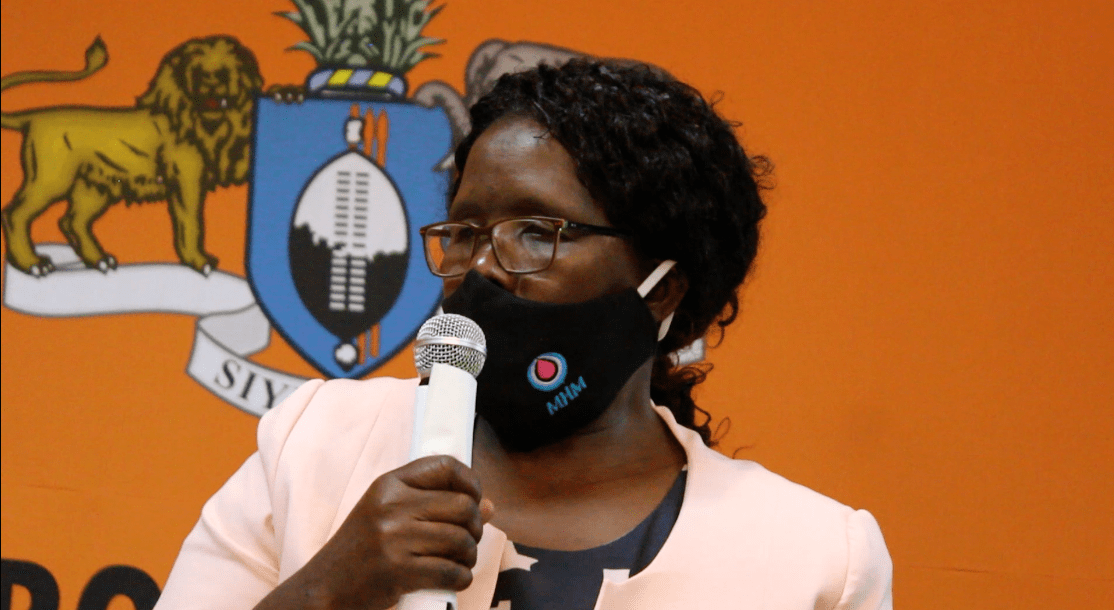Officially, the COVID-19 pandemic has sickened 11 million people and left more than half a million dead. But the full toll of this catastrophe has been incalculably greater. Health systems have been overwhelmed. Economies have been shuttered. And women and girls have been disproportionately affected, with sexual and reproductive health services being curtailed and gender-based violence on the rise.
Today, is World Population Day, a moment to raise awareness on the sexual and reproductive health needs of people around the world. This year, UNFPA is calling attention to the needs and vulnerabilities of women and girls amidst the global pandemic, and the efforts needed to secure their health and human rights.
“No organization or country can do this alone,” said Dr Natalia Kanem, UNFPA’s Executive Director, in a statement.
Heightened risks to women
Around the world, women face a variety of heightened risks due to the pandemic.
Front-line health workers – the majority of whom are women – face a direct risk of illness from COVID-19, for instance. But even women and girls outside the health sector face increased risks. Those who need sexual and reproductive health services can feel anxious about the risk to exposure while seeking care, or even abandon care entirely. Other women are not able to receive care at all due to the curbed health services and movement restrictions as a result of the partial lockdown.
Many hospitals and health centres have reported a decline in the number of women and girls receiving critical sexual and reproductive health services, including antenatal services, safe delivery services and family planning care.
UNFPA and partners estimate that six months of significant health service disruptions could result in 47 million women in low- and middle-income countries going without contraceptives, leading to an additional 7 million unintended pregnancies. The number of maternal deaths is expected to increase.
UNFPA is working to sustain continued access to reproductive health services and supplies. In Eswatini, UNFPA works with the Ministry of Health to improve access to sexual and reproductive health services. Another partner in the reproductive health sector is the Family Life Association of Eswatini FLAS) which is a partner in delivering youth friendly health services. In a recent effort for continued services in the period of COVID-19, UNFPA partnered with FLAS to take routine health including SRH services to young women at textile sector.
Margaret Thwala-Tembe, the Head of Office said, “we must ensure that women and girls continue to access sexual and reproductive health services, including maternal health and access to safe birth.”
Gender-based violence
Rising household tensions, exacerbated by economic pressures and movement restrictions, are sparking violence around the world. Women sheltering at home with their abusers often have nowhere to turn to. And new forms of violence may be increasing, including cyber violence.
UNFPA estimates that six months of lockdowns could lead to 31 million additional cases of gender-based violence, and an additional 15 million more cases for every three months if the lockdown continues.
To make matters worse, access to shelters and in-person counselling has been limited by the pandemic. UNFPA and partners are working to continue services for survivors wherever possible, and to increase remote operations.
In Eswatini, UNFPA works with the Swaziland Action Group against Abuse (SWAGAA), Women and Law in Southern Africa (WLSA) and Kwakha Indvodza (KI) to engage females and males, respectively in ending gender-based violence in the country.
The world must redouble such efforts, Dr Kanem said: “As the global community comes together in solidarity to survive this pandemic, we lay the foundation for more resilient, gender-equal societies and a healthier, more prosperous future for all.”


